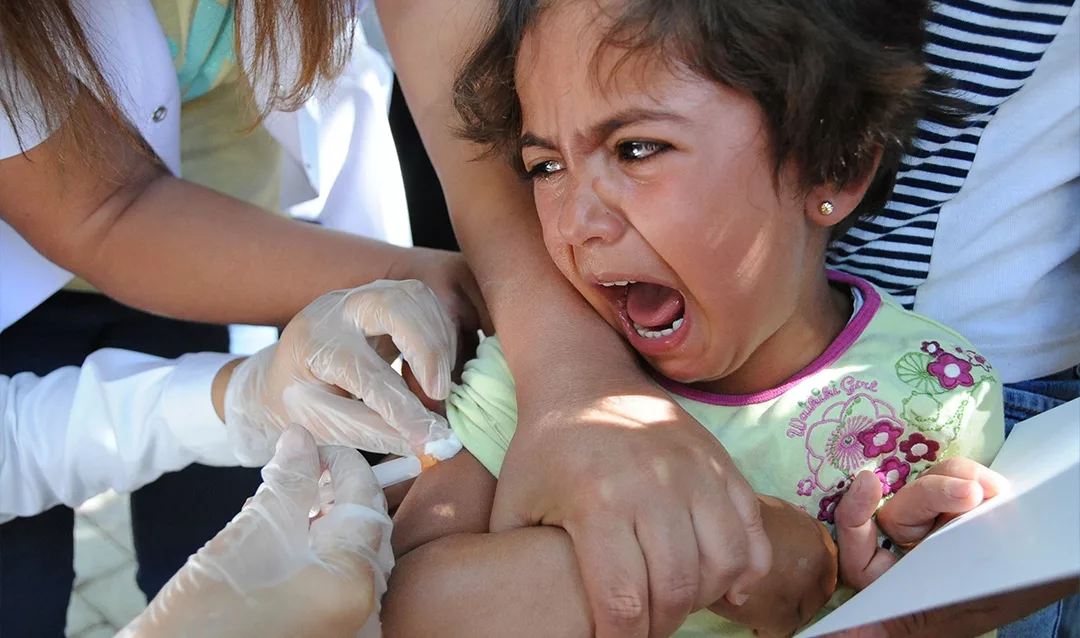In the labyrinth of debates surrounding mandatory childhood vaccination, the central question reverberates: Should the government require children to be vaccinated for preventable diseases? This inquiry is not just a matter of public health; it’s a profound exploration of personal freedom, medical ethics, and societal obligations. As we delve deeper into the complexities of this discourse, it becomes apparent that the answers are elusive, requiring an intricate dance between individual rights and collective responsibilities.
The Essence of Personal Freedom
Preserving Autonomy: My Body, My Choice
The call for bodily autonomy, encapsulated in the slogan “my body, my choice,” is a powerful assertion of personal freedom. Advocates argue that decisions regarding one’s body, especially when it comes to medical interventions, should be left to individual discretion. However, within the pro-choice framework, a paradox emerges when we examine the selective application of this principle. Can one genuinely advocate for choice while endorsing government mandates on vaccinations?
Selective Application: The Conundrum of Pro-Choice Advocacy
The conundrum deepens when considering the selective application of the pro-choice narrative. It challenges the consistency of advocating for bodily autonomy in certain scenarios while endorsing government intervention in others. The question arises: can we have a coherent stance on personal choice, or does it depend on the alignment with our individual beliefs? The complexity of the issue necessitates a closer examination of the interconnected web of personal freedoms and societal norms.
The Role of Government in Personal Health Decisions
Navigating Public Health: Balancing Individual and Collective Well-Being
Opponents of mandatory vaccination assert that the government should not dictate personal health decisions, emphasizing the importance of individual freedom. They argue that medical choices should remain a personal prerogative, and the state should not infringe upon this autonomy. However, the counterargument poses a crucial question: can society afford to let personal choices potentially jeopardize the health and safety of the wider community?
The Weight of the Collective: Assessing the Greater Good
The ethical dilemma of whether the needs of the many outweigh the needs of the few is a perennial question in the context of mandatory vaccinations. While personal freedoms are paramount, the question arises whether the government should be empowered to enforce preventive measures for the greater good, even if it means curtailing individual freedoms. Striking this balance requires a careful consideration of both individual rights and societal responsibilities.
The Imperative of Informed Decision-Making
Medical Choices: A Personal Responsibility
A cornerstone of the argument against mandatory childhood vaccination is the belief that medical decisions should be a personal choice. Advocates stress that individuals, especially parents, should have the liberty to make decisions based on their unique circumstances and perspectives. However, the challenge lies in determining the point at which the state should intervene in these deeply personal choices.
Risk and Reward: The Importance of Thorough Testing
Skepticism towards vaccination mandates often stems from concerns about the safety and efficacy of vaccines. The call for extensive testing before public release is a common thread in this discourse. Advocates argue that vaccines should undergo rigorous testing for multiple years to ensure long-term effects are thoroughly understood. Striking a balance between urgency and prudence becomes crucial, prompting questions about the trade-off between the timely deployment of vaccines and the need for comprehensive testing.
At the end of the day, the question persists: “Does the needs of the many outweigh the needs of the few or does your personal choice outweigh a forcible action?”
– Van Phillips
The Erosion of Public Trust: The Aftermath of COVID-19
A Fractured Trust: The Fallout from the COVID Vaccine Debacle
The landscape of public perception towards vaccines shifted dramatically in the aftermath of the COVID-19 vaccine rollout. The hasty development and deployment fueled skepticism, raising questions about the reliability and safety of vaccines. As a result, public trust in both vaccines and public health measures suffered. Rebuilding this trust becomes imperative, and it significantly influences the ongoing debate surrounding mandatory childhood vaccination.
Learning from Mistakes: Strengthening Vaccine Confidence
The decline in public trust post-COVID vaccine rollout underscores the importance of transparency, communication, and robust safety measures in vaccine development and deployment. Acknowledging and addressing concerns, ensuring thorough testing, and fostering an environment of open dialogue can contribute to rebuilding confidence in vaccination programs.
Final Thought
In navigating the complex terrain of mandatory childhood vaccination, it is imperative to weigh the scales between personal freedom and collective well-being. The government’s role in health decisions, the nuances of pro-choice advocacy, the aftermath of vaccine-related crises, and strategies for rebuilding trust all contribute to the intricate fabric of this debate. As we stand at this crossroads, the path forward necessitates a thoughtful examination of ethics, science, and societal responsibilities. Whether one embraces mandatory childhood vaccination or advocates for individual autonomy, the journey towards a harmonious resolution demands careful consideration and open dialogue.
External Links:
Internal Link:
Note: The views expressed in this blog post are the author’s personal opinions.
















































